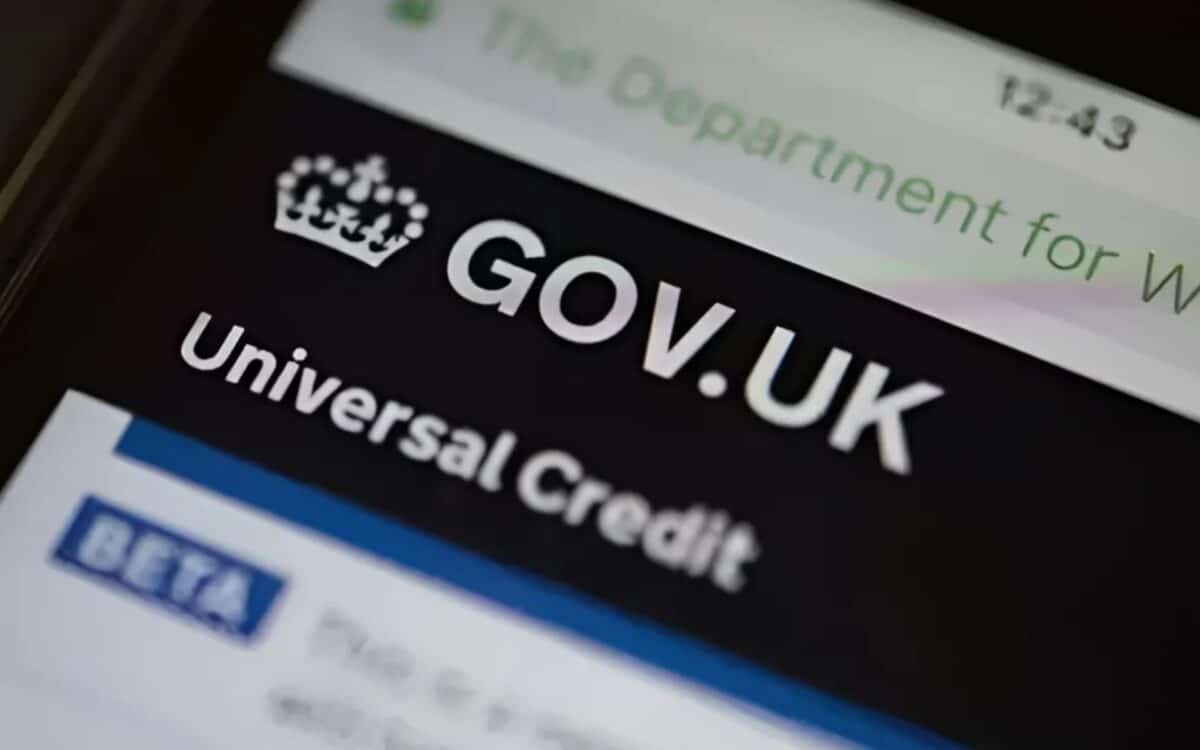The term “Universal Credit sanction” is one that many benefit claimants strive to avoid. However, with over 424,000 recipients facing at least one sanction last year, it is essential for those on Universal Credit to be fully informed about the potential pitfalls that could interrupt or diminish their payments, particularly during the festive season.
Understanding Sanctions and Their Conditions for Imposition
Sanctions are penalties imposed by the Department for Work and Pensions (DWP) on claimants who fail to meet the commitments outlined in their benefit agreement. These agreements typically detail the expectations regarding job preparation, active job searching, and efforts to increase income.
Common Reasons for Universal Credit Sanctions
Sanctions can occur for various reasons, including:
- Failing to apply for jobs
- Neglecting to attend recommended training courses
- Not providing requested documentation to the DWP
- Missing scheduled appointments with a work coach without a valid excuse
- Failing to promptly report changes in circumstances, such as moving residences, changes in earnings, or alterations in work capability
Consequences of Non-Compliance
If the DWP determines that a claimant intentionally withheld information to avoid a reduction in benefits, serious consequences may follow, including legal action. The DWP records changes as they occur, not when they are reported, so delays in updating information can result in overpayments, which must be repaid, potentially leading to a reduction in future payments until the debt is settled.
Levels of Sanctions
Universal Credit sanctions are divided into three levels, with the severity of the infraction determining the level and the resulting duration and amount of payment reduction.
Low-Level Sanctions
Low-level sanctions are generally imposed for minor breaches, such as missing a work-focused interview or failing to provide required information. These sanctions usually last around seven days, plus any additional time needed to resolve the issue.
Medium-Level Sanctions
Medium-level sanctions apply to claimants who fail to meet job search requirements or are unavailable for work. These sanctions typically last for 28 days but can extend to 91 days if multiple sanctions are received within a year.
High-Level Sanctions
High-level sanctions are the most severe and usually last around three months, with the potential to extend to 182 days for claimants with a history of multiple high-level sanctions. These sanctions are typically imposed for significant breaches, such as refusing a job offer or voluntarily leaving a job without valid reasons.
Protecting Your Financial Stability from Sanctions
In light of the risks associated with sanctions, it is crucial for Universal Credit claimants to remain vigilant and proactive in fulfilling their obligations to avoid disruptions to their financial stability.









